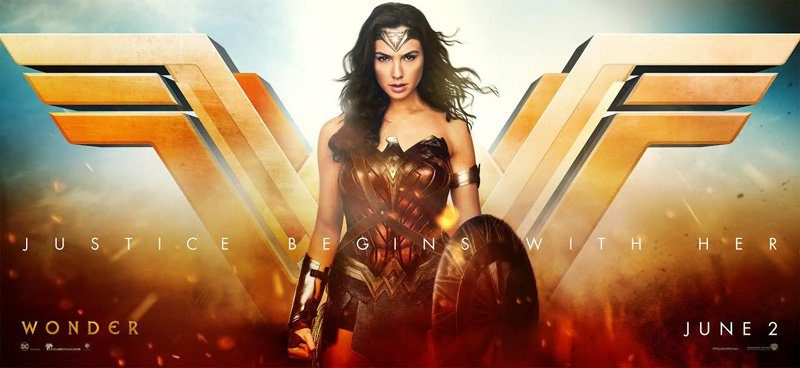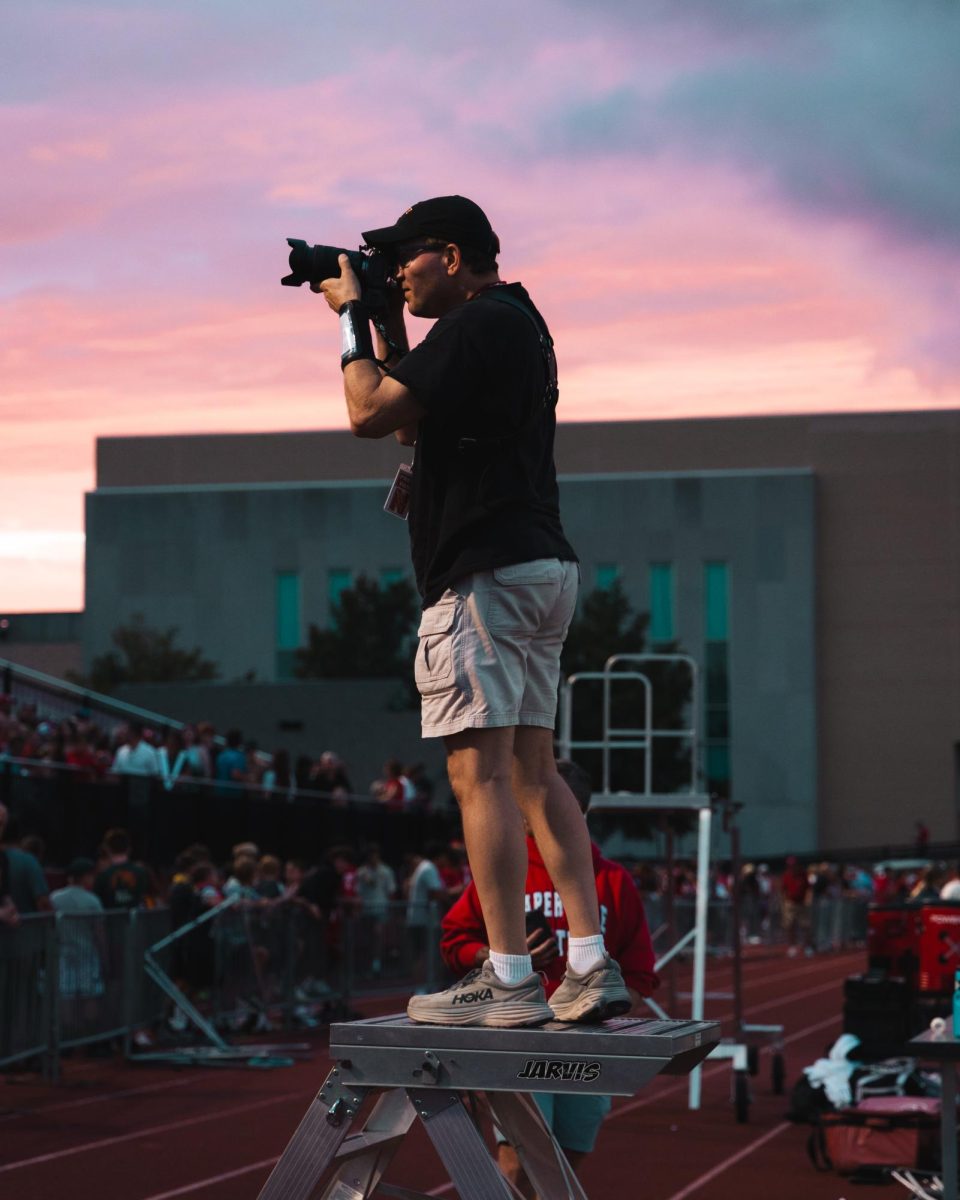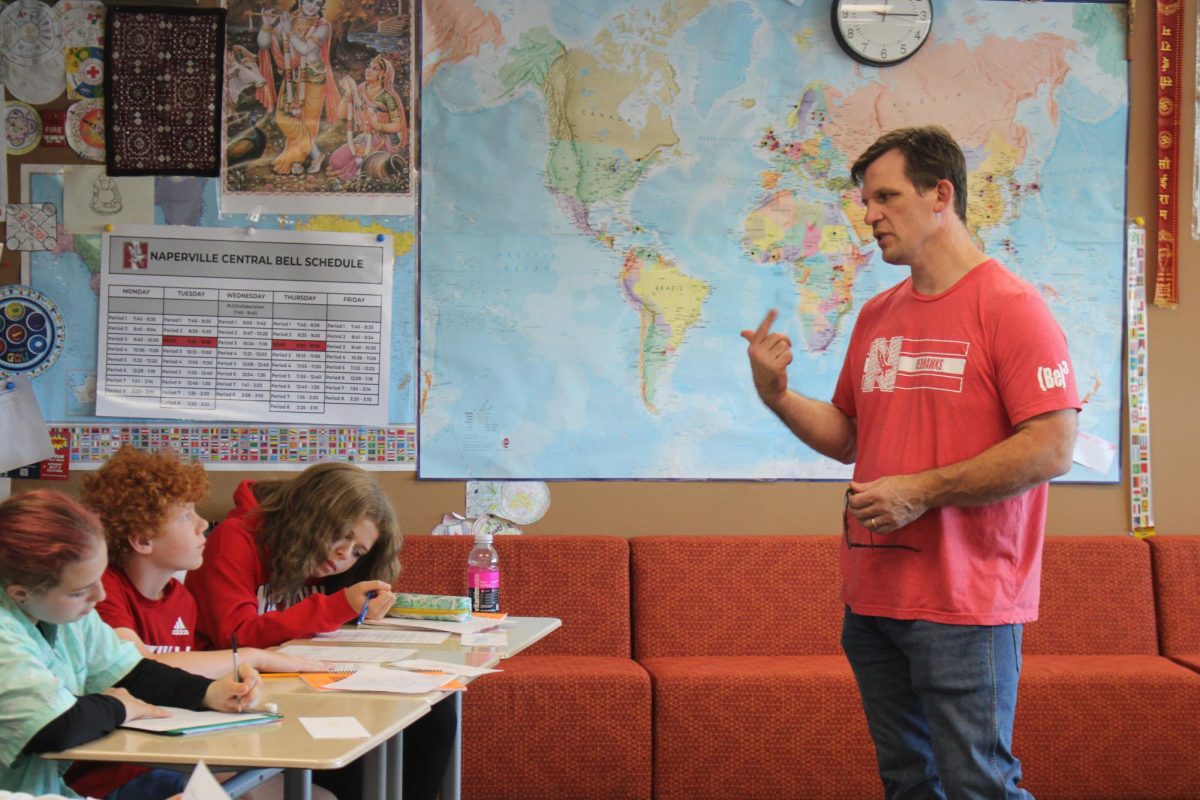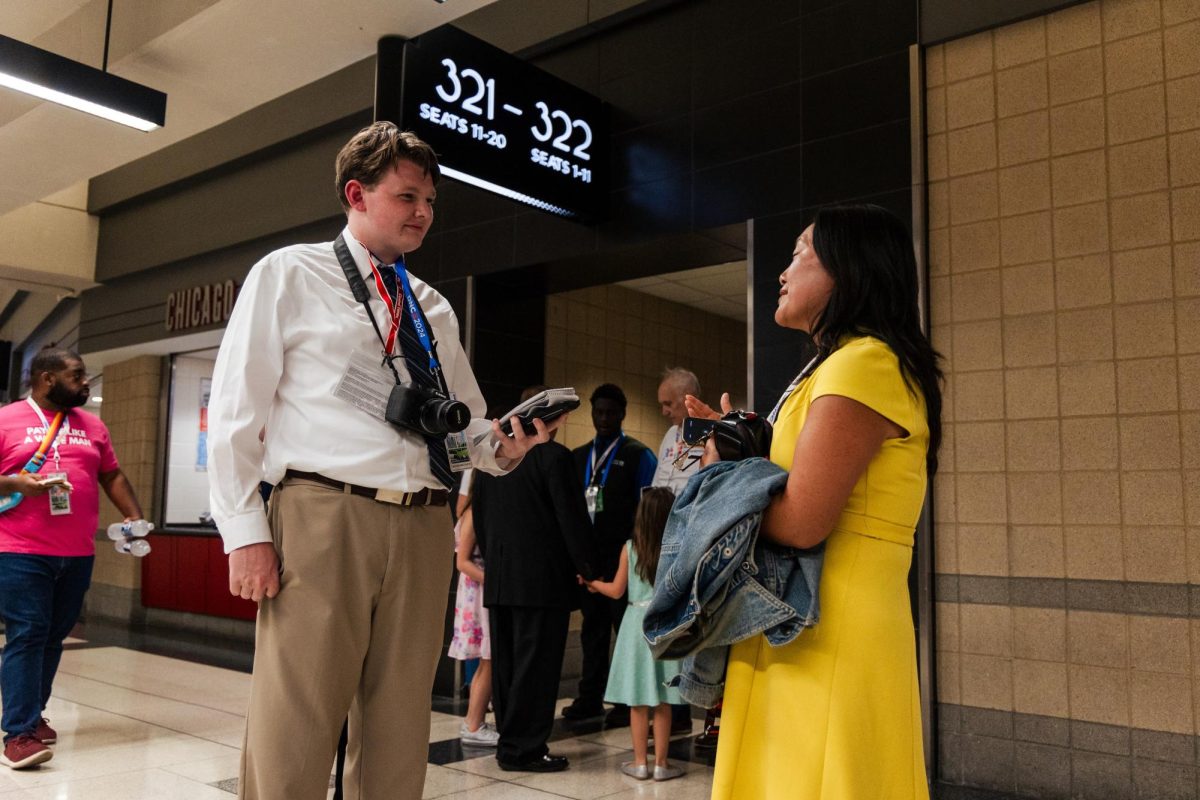Wonder Woman film inspires, encourages females
June 11, 2017
A little more than a week ago, Wonder Woman released in theaters nationwide. This film tells the story of a girl named Diana Prince saving the world from endless war.
Wonder Woman was a huge success for its female director, Patty Jenkins, spinning a plot of love, death, and destiny. But this PG-13 fantasy’s legacy didn’t stop when the credits began to roll.
For many, the story of Wonder Woman is inspirational. She’s raised in an arguably primitive society as the only child. The world she grew up in is one shielded from the eyes of mankind, which she inevitably ends up saving. But there is more to the film than the rise of this female superhero, and that begins in her homeland.
Prince grows up in Themyscira, a militaristic island nation that is entirely made up of females. All of the women are meticulously trained and far more competent than the men they encounter. Their backstory and motives to prepare against the return of a vengeful Ares imply that these women have a fair fight against the Greek god of war.
It is also important to take a look at Diana Prince’s love interest, British spy Steve Trevor. Though relatively skilled with weaponry, he is no match for Wonder Woman. Keep in mind that this movie takes place during World War I, where British women are sucking in their stomachs to fit into corsets. More importantly, Trevor doesn’t balk at Prince’s strength and agility despite the status quo. She’s no damsel in distress and it’s often Trevor that needs the saving, yet despite how unusual this relationship may seem to those that stress gender stereotypes, it’s still a very healthy and functional one.
But what stands out most about this movie is Wonder Woman herself. So many of her personality traits would be frowned upon by society today. Some might view her fighting abilities as “too masculine” or even “savage,” though she’s clearly compassionate towards the villagers she saves. She’s also extremely willing to use her skills to help others, though her lack of insecurity about them might be mistaken for arrogance. In fact, many of her personality traits defy society’s description of ladylike. Even so, the love she receives on screen shows females, especially those in later generations, that being strong and confident is okay.
Most of us have grown up in a generation with predominantly male superheroes. Superman’s the all-time classic, Captain America’s our All-American boy. The X-Men are led by Professor X, the smartest, and Wolverine, the strongest- both men. Female superheroes already aren’t common; those assuming leadership are all too rare. A childhood looking up to only male superheroes suggests a future believing that most heroes should be men.
Maybe it’s about what a society needs, too. In a time when women are still fighting for their rights, Wonder Woman gives many what they’ve been looking for: not a hero, but a heroine.








